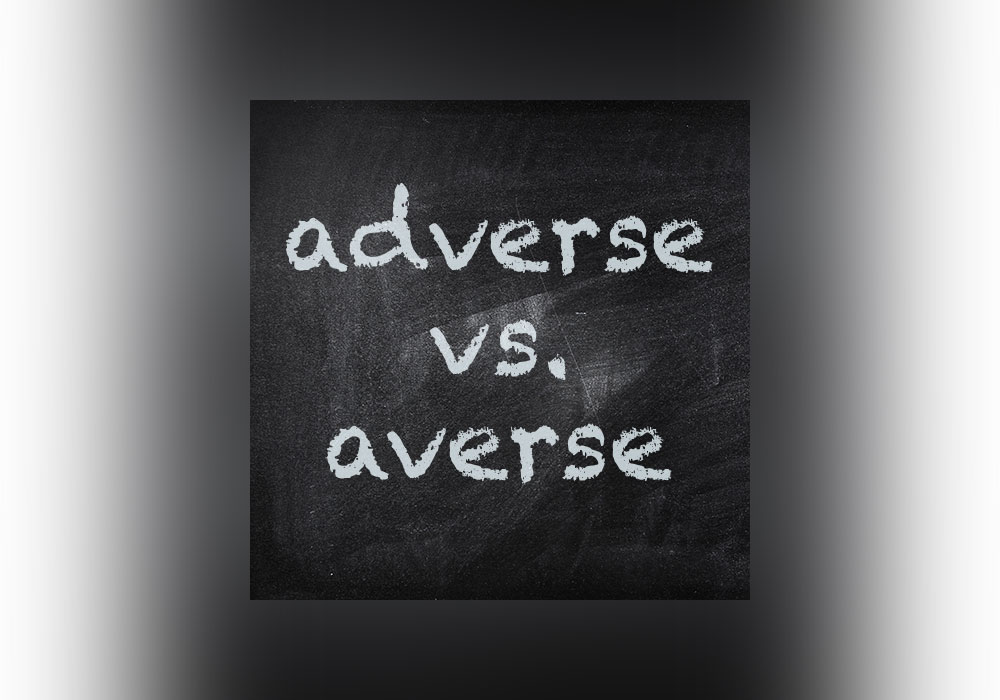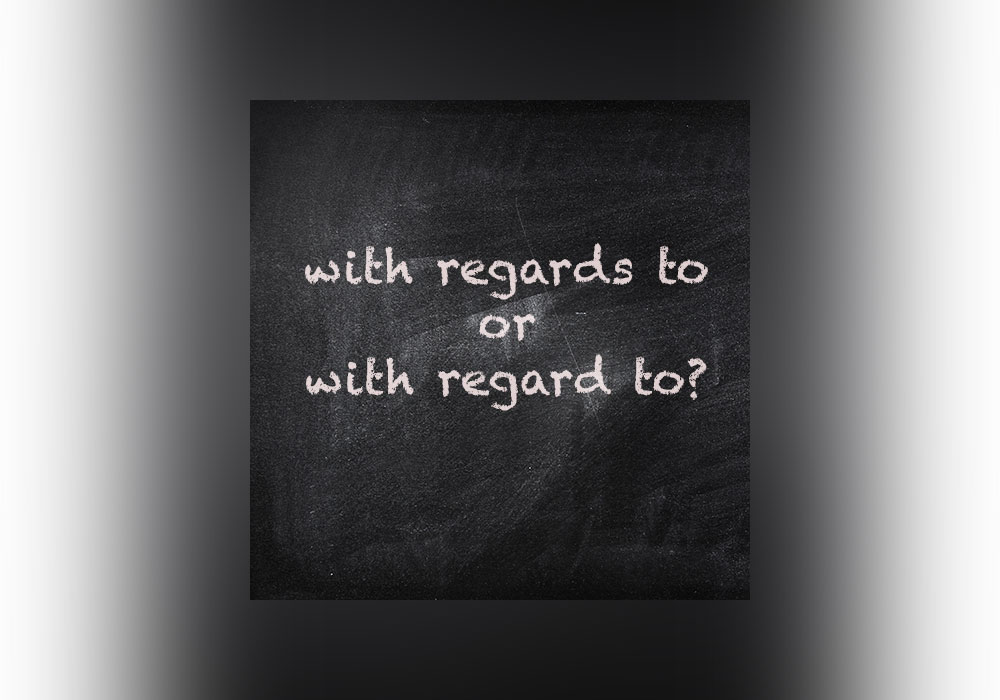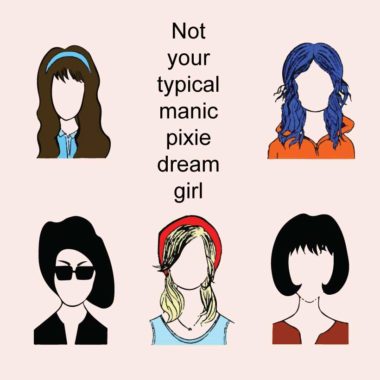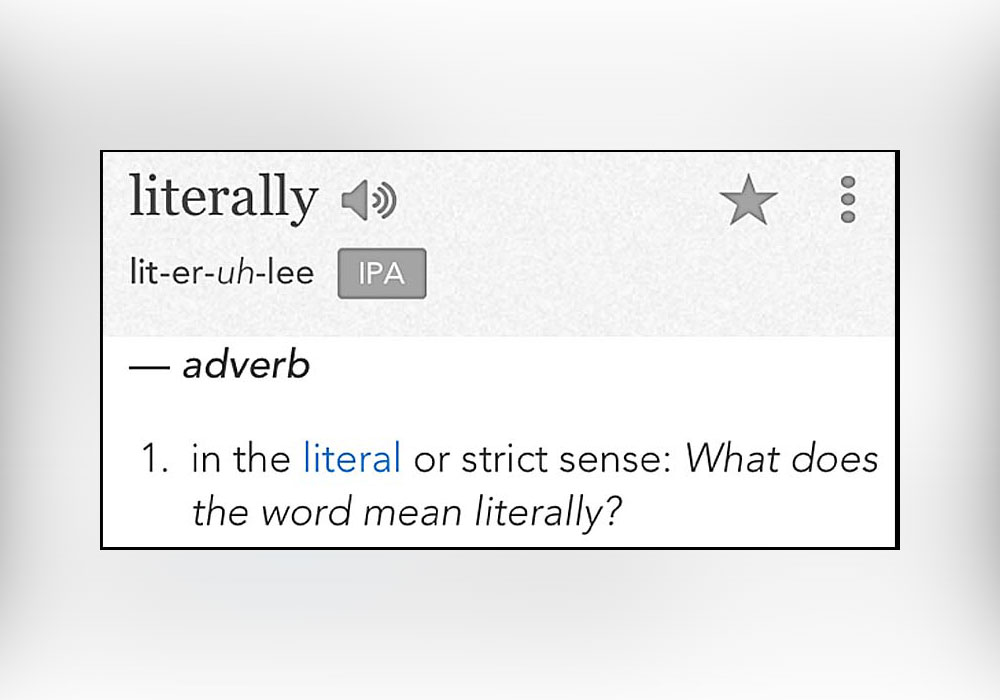Fewer vs. Less
Misuse of the terms fewer and less will set off alarms in the heads of many language enthusiasts. According to usage rules, fewer is only to be used when discussing countable things, while less is used for singular mass nouns. For example, you can have fewer ingredients, dollars, people, or puppies, but less salt, money, honesty, or love. If you can count it, go for …











